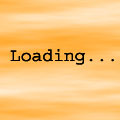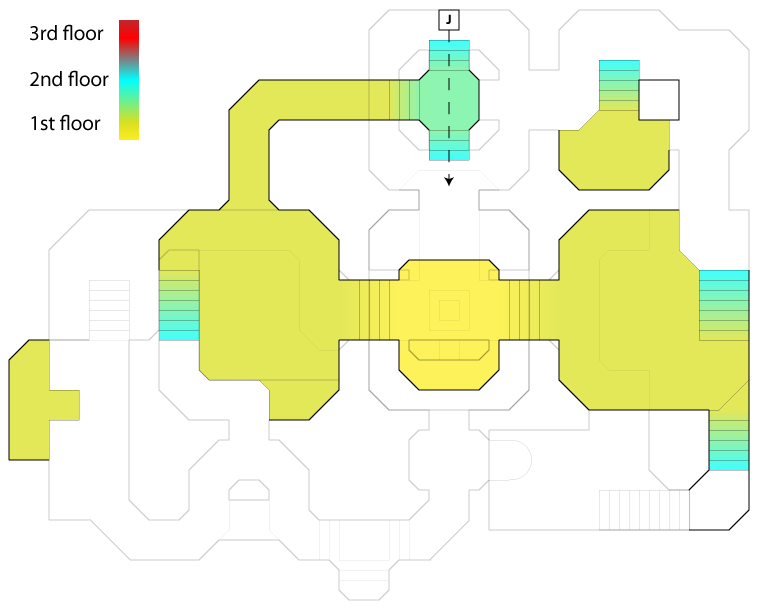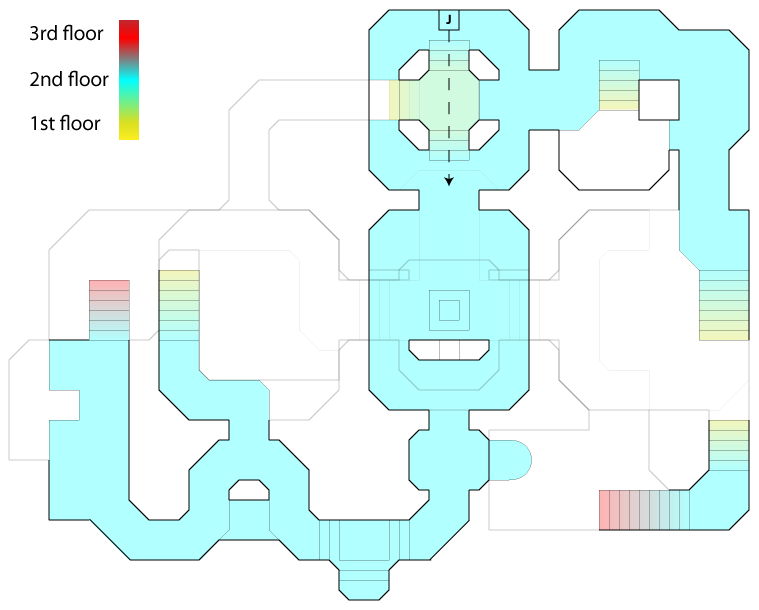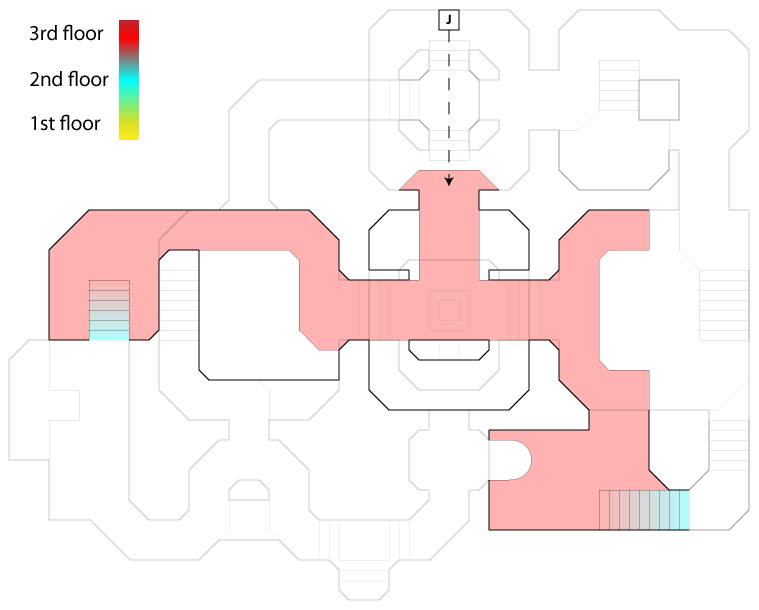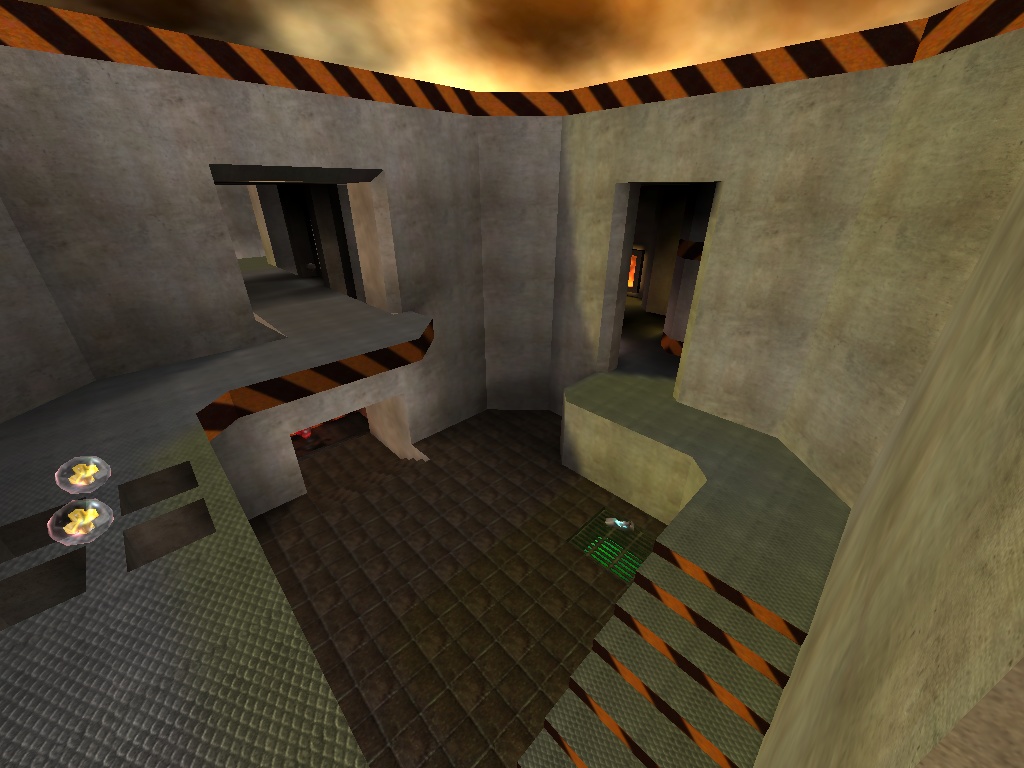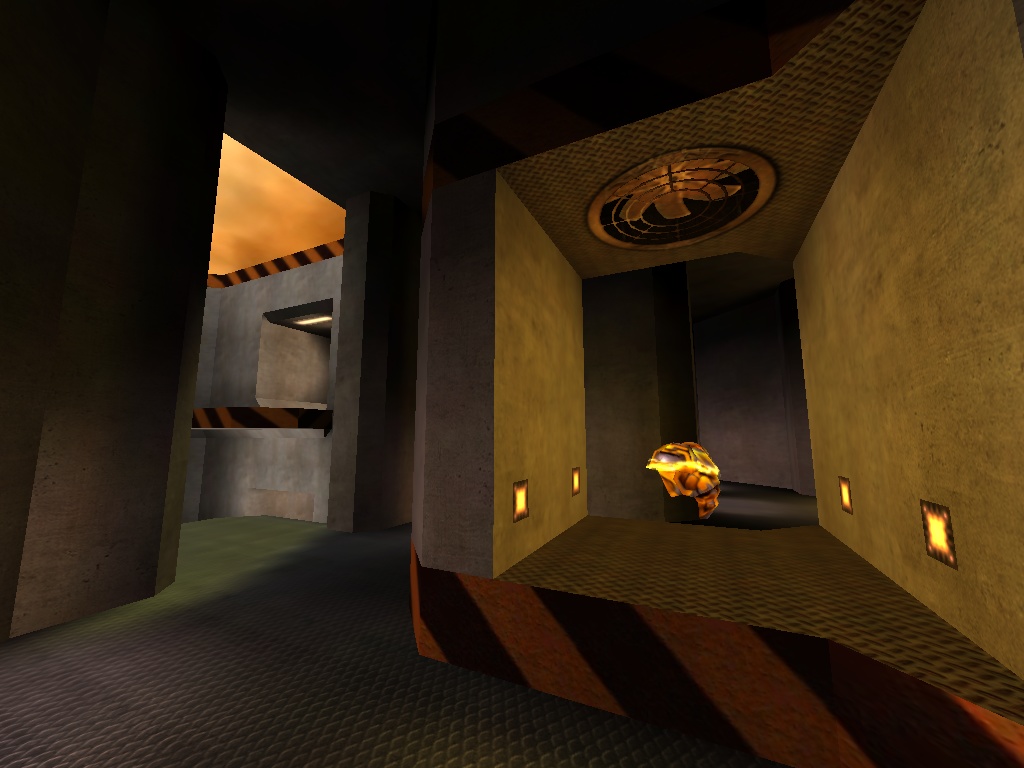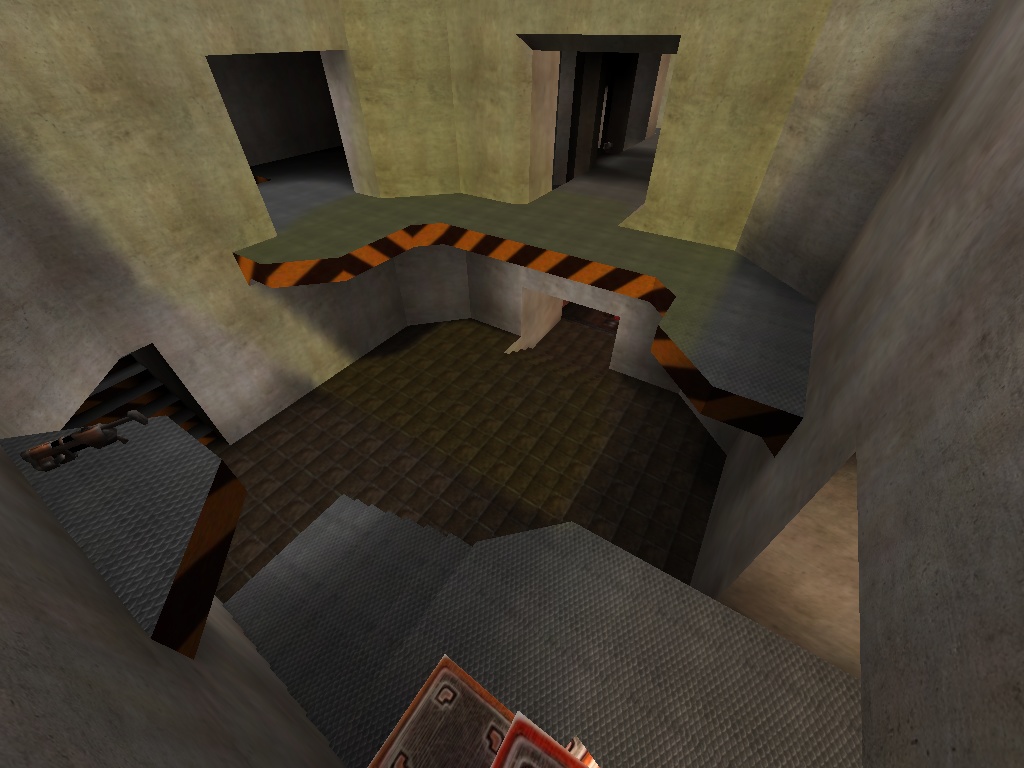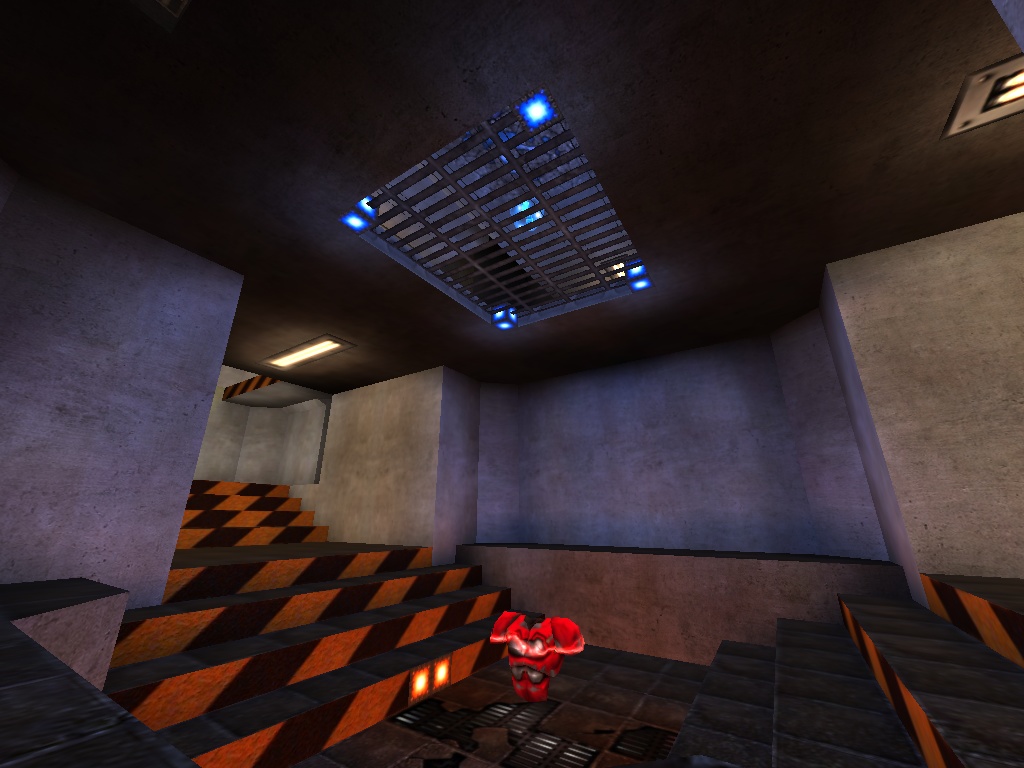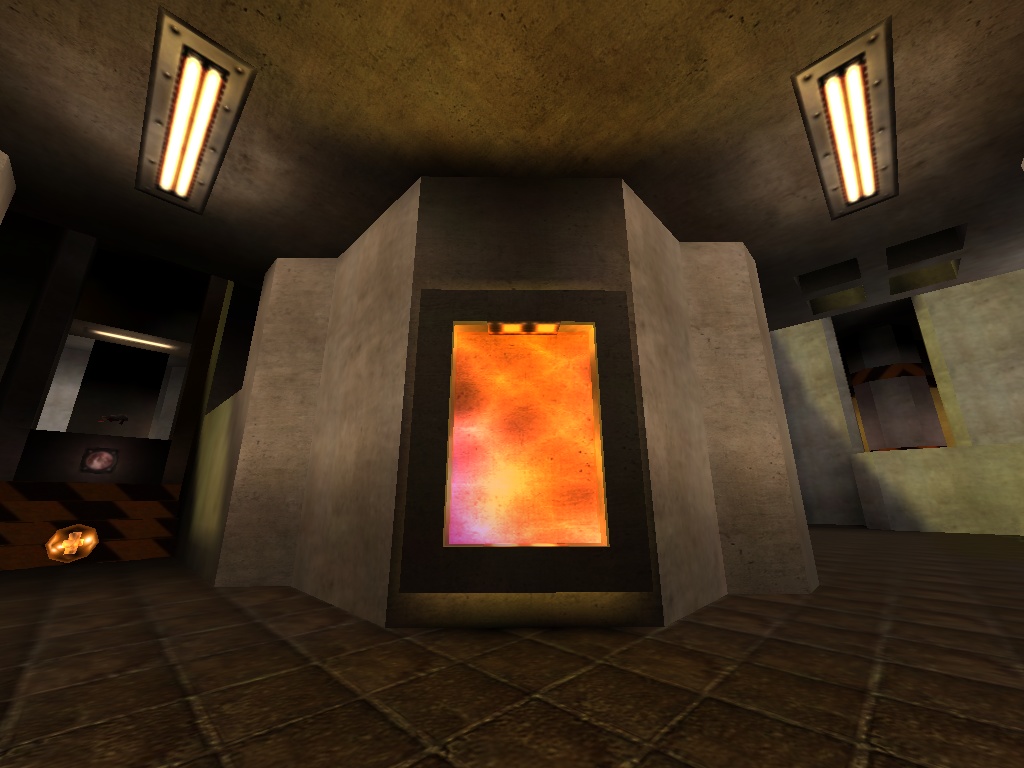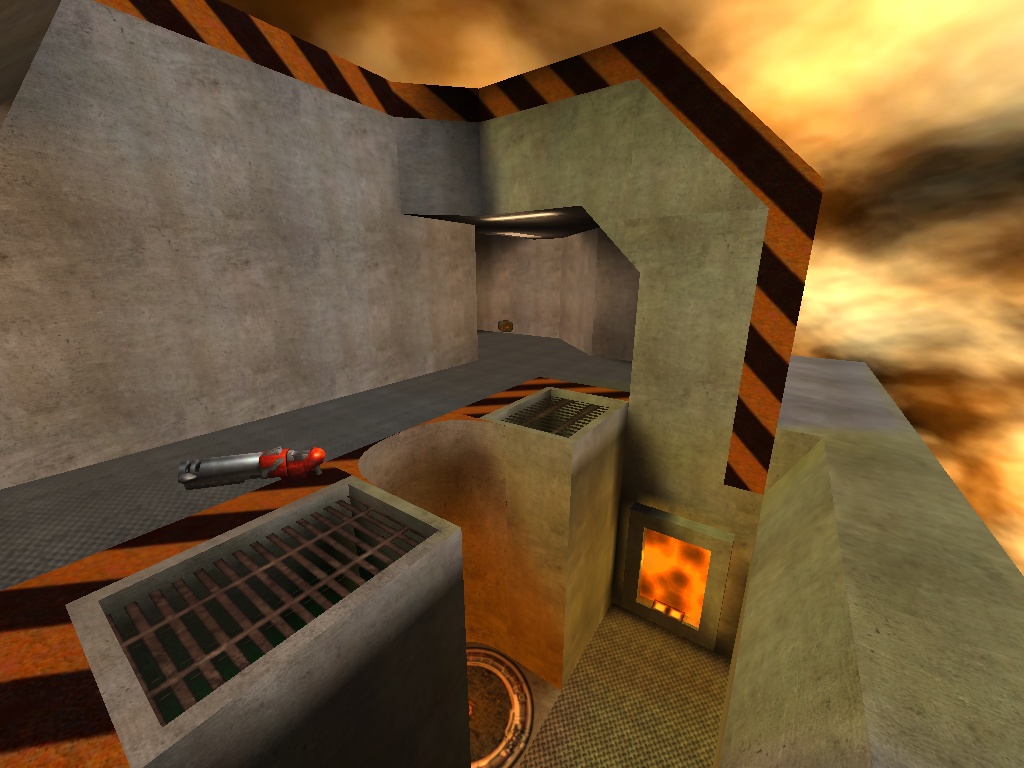I will have some time in the next few weeks to dedicate to an experiment. This experiment involves the creation of a map, but that is not the only focus as there is something as valuable involved. The second thing is to discuss and understand the communication between players and mappers, as well a derive means to get meaningful feedback.
The theory
In theory mapping should work as follows. The mapper starts with a map idea, which may involve paper sketches and reference images. Based on that, he creates an alpha using q3/gtk radiant. This version is quite crude, with onlt a few textures and not much detail in it. Players test the alpha version establishing a feedback process that iteratively bring the map to either a good playable state or the cancellation of the map (if it was too bad). If the map reaches a playable state, the mapper spend a lot of time to add eye candies and so on, and finally a polished version is released to a broad public.
The practice
In practice, things don't work that way. Getting feedback is actually a big problem. Let's consider some facts:
What usually happens is that a mapper wants to proceed with his work. If the feedback is not much, he will keep improving the map based on what he knows, investing time in making it polished. And this is the real problem: when a map is in an advanced state, any core gamplay feedback is too late. It's like changing the story of a movie at half of the production: it costs too much (throw away work, do additional work to adjust things that are not meant to work together), and its a big emotional request, as those who started believing in the current vision (the mapper) just don't want to listen to the feedback (and gets delusional, pretending the others do not understand, and so on).
The experiment
I believe that even the most stubborn of the mappers would like to have good feedback early on. But how can he get it. My goal is to find better ways of getting feedback early on, when not much production work has been done.
I will try to produce different content relative to the ideas of a small 1on1 map. When feasible, I will provide the people with help to make the feedback easier. I will then collect any feedback I will receive, and rate the method I used by the amount times the quality of the feedback I got.
The theory
In theory mapping should work as follows. The mapper starts with a map idea, which may involve paper sketches and reference images. Based on that, he creates an alpha using q3/gtk radiant. This version is quite crude, with onlt a few textures and not much detail in it. Players test the alpha version establishing a feedback process that iteratively bring the map to either a good playable state or the cancellation of the map (if it was too bad). If the map reaches a playable state, the mapper spend a lot of time to add eye candies and so on, and finally a polished version is released to a broad public.
The practice
In practice, things don't work that way. Getting feedback is actually a big problem. Let's consider some facts:
- Not many people are willing to test a map. Some people find it a waste of time, some people are too lazy and won't do anything that costs more than a few mouse clicks.
- Not many people will test a map if the mapper is unknown/sounds like a newbie mapper.
- Not many people will test a map if the screenshots don't look good.
- Not many people are good at giving feedback.
- The feedback channels (irc, forum posts) are not visual channels
What usually happens is that a mapper wants to proceed with his work. If the feedback is not much, he will keep improving the map based on what he knows, investing time in making it polished. And this is the real problem: when a map is in an advanced state, any core gamplay feedback is too late. It's like changing the story of a movie at half of the production: it costs too much (throw away work, do additional work to adjust things that are not meant to work together), and its a big emotional request, as those who started believing in the current vision (the mapper) just don't want to listen to the feedback (and gets delusional, pretending the others do not understand, and so on).
The experiment
I believe that even the most stubborn of the mappers would like to have good feedback early on. But how can he get it. My goal is to find better ways of getting feedback early on, when not much production work has been done.
I will try to produce different content relative to the ideas of a small 1on1 map. When feasible, I will provide the people with help to make the feedback easier. I will then collect any feedback I will receive, and rate the method I used by the amount times the quality of the feedback I got.
Edited by Memento_Mori at 05:58 CST, 25 January 2011 - 8863 Hits
